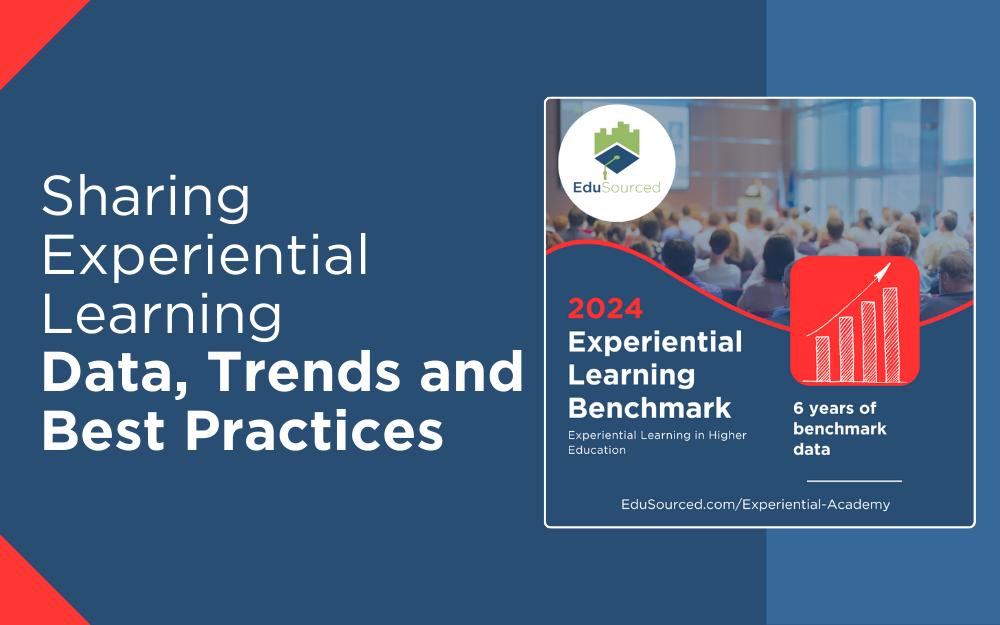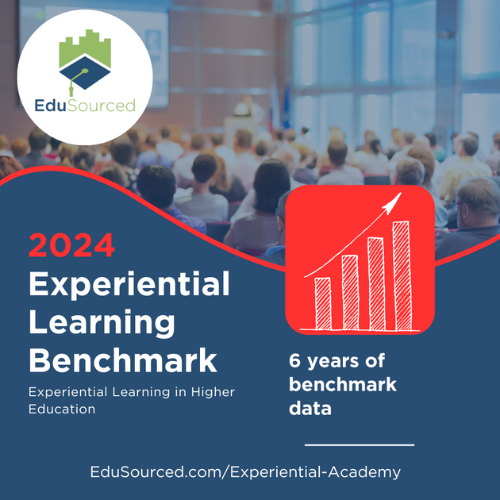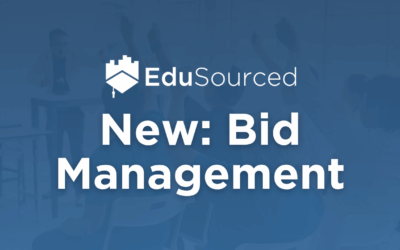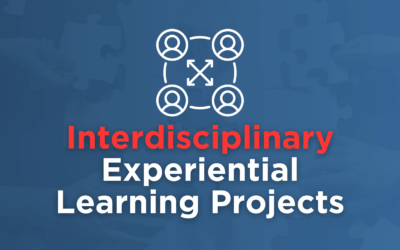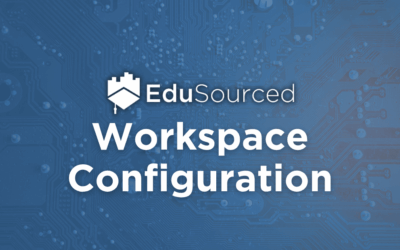Experiential Learning Best Practices: 2024 Benchmarking Report
Experiential Learning in Higher Education is both under-researched and under-documented despite it being the core of many schools’ curricula and a key driver for career readiness. For the sixth consecutive year, EduSourced is proud to publish the Experiential Learning benchmark report, the largest collection of data on Experiential Learning in Higher Education. This collection of Experiential Learning best practices and trends represents responses from 93 respondents alongside data from the EduSourced platform.
This benchmark report covers a broad list of topics including sponsored project pricing, the use of team mentors, the popularity of multidisciplinary projects and manage client expectations. The data sources include a 24-question survey and data from over ten thousand projects that are run in EduSourced every year.
Experiential Learning Best Practices: Data and Insights from the 2024 Benchmark Report
- Sponsorship and project pricing: how much are other schools charging for Experiential Learning projects?
- Experiential Learning requirement vs elective EL opportunities.
- The most popular sources for Experiential Learning projects: where do schools source their projects?
- Formal vs. ad-hoc: the growth of directors and offices of Experiential Learning.
- Project-client NDAs and managing client expectations.
- The impact of Experiential Learning on career readiness in the age of AI in the workplace.
- How many projects schools are doing and how that has changed over time.
- 190 insights from Experiential Learning involved faculty, staff and administration
- Key advice for anyone managing or starting an Experiential Learning program
- New Experiential Learning innovations
- The biggest challenges in Experiential Learning, detailed
EL Benchmarking Archive: 2023
2023 was the largest dataset to date for the Experiential Learning benchmark. View the results and panel discussion with 5 Experiential Learning leaders.

